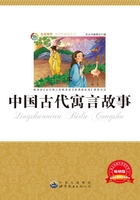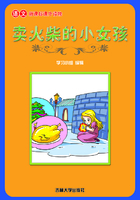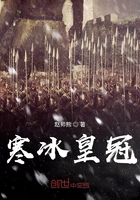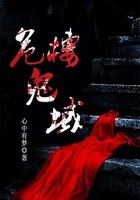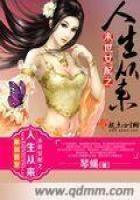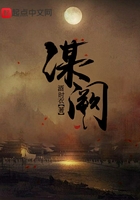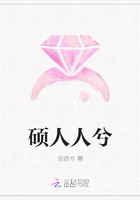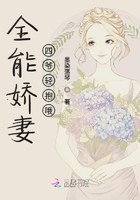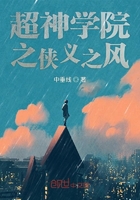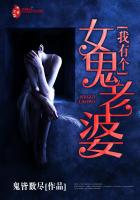When the training is unchanged for immense periods of time, traditions are passed on intact to the next generation. But when what needs to be learned changes quickly, especially in the course of a single generalion, it becomes much harder to know what to teach and how to teach it. Then,students complain about relevance; respect for their elders diminishes. Teachers despair at how educational standards have deteriorated, and how lackadaisical students have become. In a world in transition, students and teachers both need to teach themselves one essential skilllearning how to learn.
Except for children (who don’t know enough not to ask the important questions), few of us spend much time wondering why Nature is the way it is; where the Cosmos came from, or whether it was always here; if time will one day flow backward, and effects precede causes; or whether there are ultimate limits to what humans can know. There are even children, and I have met some of them, who want to know what a black hole looks like; what is the smallest piece of matter; why we remember the past and not the future; and why there is a Universe.
Every now and then, I’m lucky enough to teach a kindergarten or first- grade class. Many of these children are natural-born scientists—although heavy on the wonder side and light on scepticism. They’re curious, intellectually vigorous. Provocative and insightful questions bubble out of them. They exhibit enormous enthusiasm. I’m asked follow—up questions. They’ve never heard of the notion of a ‘dumb question’.
But when I talk to high school seniors, I find something different. They memorize ‘facts’. By and large, though, the joy of discovery, the life behind those facts, has gone out of them. They’ve lost much of the wonder, and gained very little scepticism. They’re worried about asking ‘dumb’questions; they’re willing to accept inadequate answers; they don’t pose follow-up questions; the room is awash with sidelong glances to judge, second-by-second, the approval of their peers. They come to class with their questions written out on pieces of paper, which they surreptitiously examine, waiting their turn and oblivious of whatever discussion their peers are at this moment engaged in.
Something has happened between first and twelfth grade, and it’s not just puberty. I’d guess that it’s partly peer pressure not to excel (except in sports); partly that the society teaches short-term gratification; partly theimpression that science or mathematics won’t buy you a sports car; partly that so little is expected of students: and partly that there are few rewards or role models for intelligent discussion of science and technology—or even for learning for its own sake. Those few who remain interested are vilified as ‘nerds’ or ‘geeks’ or ‘grinds’.
But there’s something else: I find many adults are put off when young children pose scientific questions. Why is the Moon round? the children ask. Why is grass green? What is a dream? How deep can you dig a hole? When is the world’s birthday? Why do we have toes? Too many teachers and parents answer with irritation or ridicule, or quickly move on to something else: ‘What did you expect the Moon to be, square?’ Children soon recognize that somehow this kind of question annoys the grown-ups. A few more experiences like it, and another child has been lost to science. Why adults should pretend to omniscience before 6-year-olds, I can’t for the life of me understand. What’s wrong with admitting that we don’t know something? Is our self-esteem so fragile?
What’s more, many of these questions go to deep issues in science, a few of which are not yet fully resolved. Why the Moon is round has to do with the fact that gravity is a central force pulling towards the middle of any world, and with how strong rocks are. Grass is green because of the pigment chlorophyll, of course—we’ve all had that drummed into us by high schools—but why do plants have chlorophyll? It seems foolish, since the Sun puts ont its peak energy in the yellow and green part of the spectrum. Why should plants all over the world reject sunlight in its most abundant wavelengths? Maybe it’s a frozen accident from the ancient history of life on Earth. But there’s something we still don’t understand about why grass is green.
There are many better responses than making the child feel that asking deep questions constitutes a social blunder. If we have an idea of the answer, we can try to explain. Even an incomplete attempt constitutes a reassurance and encouragement. If we have no idea of the answer, we can go to the encyclopedia. If we don’t have an encyclopedia, we can take the child to thelibrary. Or we might say: ‘I don’t know the answer. Maybe no one knows. Maybe when you grow up, you’ll be the first person to find out.’
There are naive questions, tedious questions, ill-phrased questions, questions put after inadequate self-criticism. But every question is a cry to understand the world. There is no such thing as a dumb question.
Bright, curious children are a national and world resource. They need to be cared for, cherished, and encouraged. But mere encouragement isn’t enough. We must also give them the essential tools to think with.

